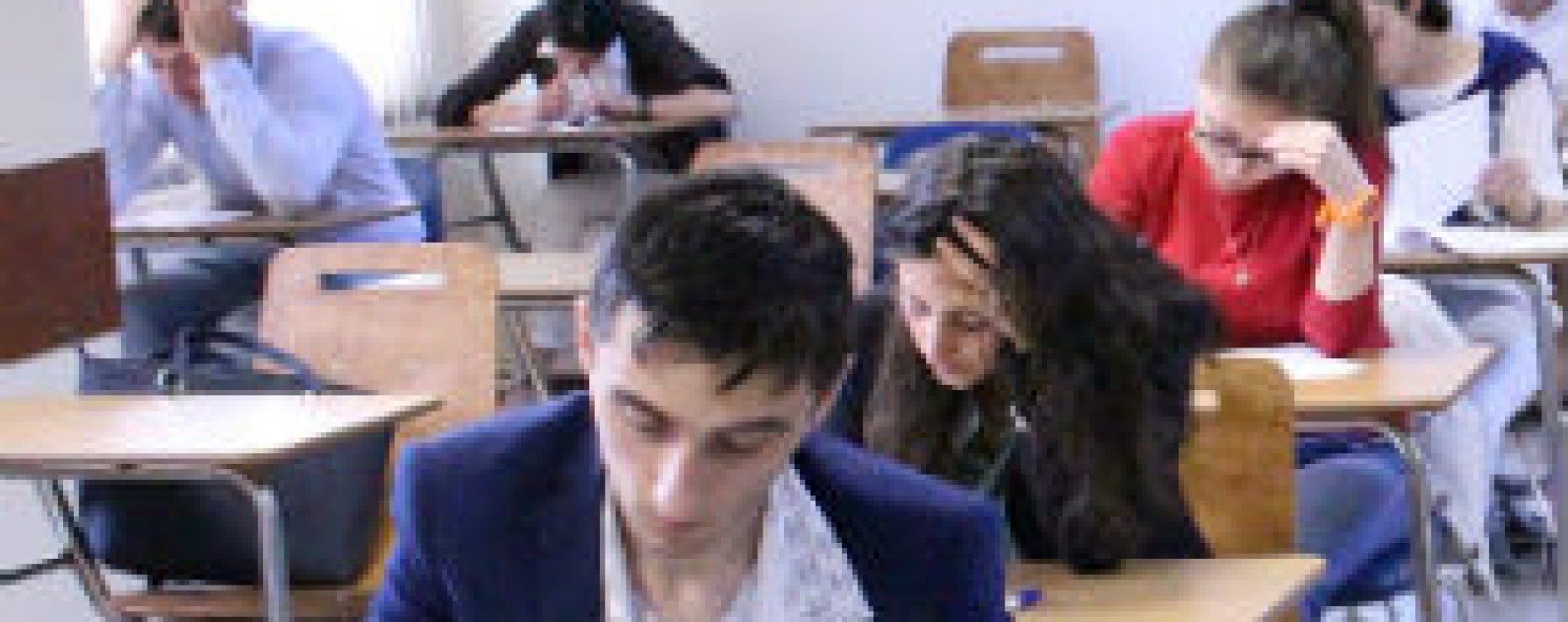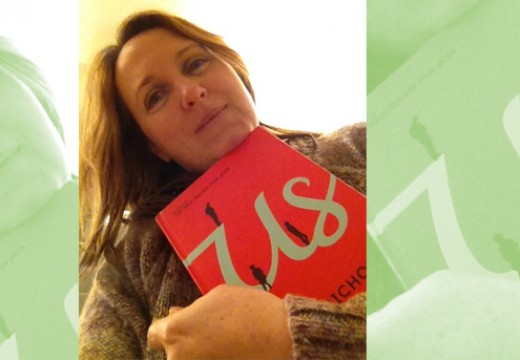Are we damaging our kids’ academic results?
As our kids get older, the exams they take and their academic performance can determine their whole life outcomes. That’s scary. But new research shows that wanting them to do too well can actually have the opposite effect, and make them do badly.
Research published by the American Psychological Association and carried out in Germany and the US revealed both positive and negative aspects of parents’ aspiration for their children’s academic performance. “Although parental aspiration can help improve children’s academic performance, excessive parental aspiration can be poisonous,” said lead author Kou Murayama, PhD, of the University of Reading. The study was published in the Journal of Personality and Social Psychology®.
Murayama and his colleagues analysed data from a study from 2002-07 of 3,530 secondary school students – boys and girls – and their parents in Bavaria, Germany. The study assessed student math achievement as well as parental aspiration (how much they want their child to earn a particular grade) and expectation (how much they believe their child can achieve a certain grade) on an annual basis.
They found that high parental aspiration led to increased academic achievement, but only when it did not overly exceed realistic expectation. When aspiration exceeded expectation, the children’s achievement decreased proportionately.
Get real
To reinforce the results, the researchers attempted to replicate the main findings of the study using data from a two-year study of over 12,000 U.S. students and their parents. The results were similar to the German study and confirmed that parents’ overly high aspirations are associated with worse academic performance by their kids.
Previous psychological research has found the association between aspiration and academic achievement, but this study highlights a potential speed bump on the road to academic success.
“Much of the previous literature conveyed a simple, straightforward message to parents — aim high for your children and they will achieve more,” said Murayama. In fact, getting parents to have higher hopes for their children has often been a goal of programs designed to improve academic performance in schools. This study suggests that the focus of such educational programs should not be on blindly increasing parental aspiration but on giving parents the information they need to develop realistic expectations.
“Unrealistically high aspiration may hinder academic performance. Simply raising aspiration cannot be an effective solution to improve success in education,” he said.
So the message is clear, have high hopes for your kids, but don’t overdo it. We know that it’s easy to let them get on with it, and sometimes they’d prefer going out with their friends to staring at a book – but at the end of the day, we as parents have a special role to play in how they do.
Article: “Don’t Aim Too High for Your Kids: Parental Overaspiration Undermines Students’ Learning in Mathematics,” by Kou Murayama, PhD, University of Reading; Masayuki Suzuki, PhD, National Institute of Informatics, Japan; Reinhard Pekrun, PhD, and Stephanie Lichtenfeld, PhD, University of Munich; and Herbert Marsh, PhD, Australian Catholic University, Journal of Personality and Social Psychology, published online Nov. 16, 2015.










